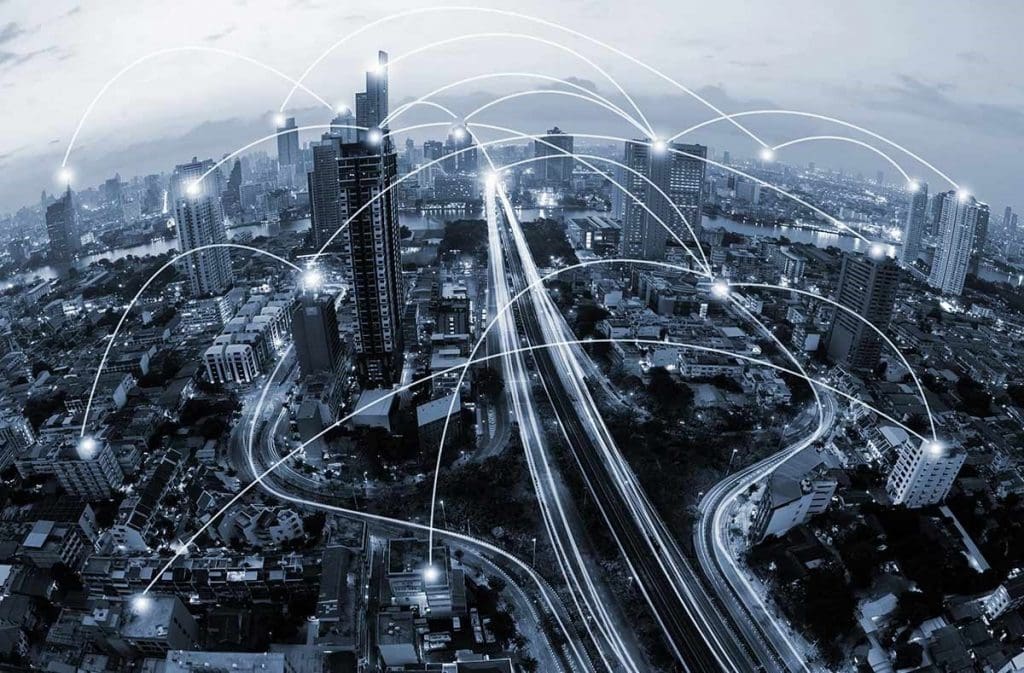The impact of COVID-19 on the global economy will inevitably be long-lasting. Different countries may seek to take different paths on the route to recovery, but what could this look like?
Infrastructure projects could potentially play a part in rebuilding the economy. Perhaps this is a key opportunity given that the World Economic Forum estimates there is a $15 trillion global shortfall in infrastructure investment. But will funding be available, and will there be an appetite to spend in the current environment?
Large-scale infrastructure projects nearly always run behind schedule and over budget. Indeed, Crossrail’s Elizabeth Line has seen a budget rise from £14.8 billion to £18.25 billion, with an official opening date still not set. Reluctance to report the real estimated costs for fear of not being approved is perhaps one of the reasons HS2 is set to overrun by more than £30 billion.
HS2 is claimed to deliver substantial economic benefits, with KPMG estimating in 2013 that the project could generate an annual £15bn boost to the economy. While this estimate may have changed, what does seem clear is that good infrastructure projects can assist in economic growth and wealth creation if there is an appetite to deliver.
Benefits that infrastructure projects can generate are much wider than direct employment: apprenticeship schemes, growth in private businesses as a consequence of buying British goods, improvements in construction safety, unlocking development land, and assisting in the much-needed delivery of new housing are just some of these benefits. Quality of life, health, and social inclusion can also improve as a consequence of infrastructure-led schemes. These factors are recognised as being increasingly important in delivering long-term economic prosperity.
Infrastructure projects can help deliver sustainable energy sources, even though recent events may have diverted our attention from the ongoing threat that climate change poses. ‘Green infrastructure’—parks, open spaces, playing fields, woodland, and water bodies—is equally important, helping to deliver quality of life and environmental benefits for communities.
COVID-19 will leave a lasting legacy, challenging how we live and work. Our economic recovery will likely be complex and multi-faceted, but it is important that careful consideration is given to any investment to ensure we maximise benefits and prosper.
Our Compulsory Purchase and Development teams regularly advise on major infrastructure and development schemes nationwide. Please do not hesitate to contact us for further information.
